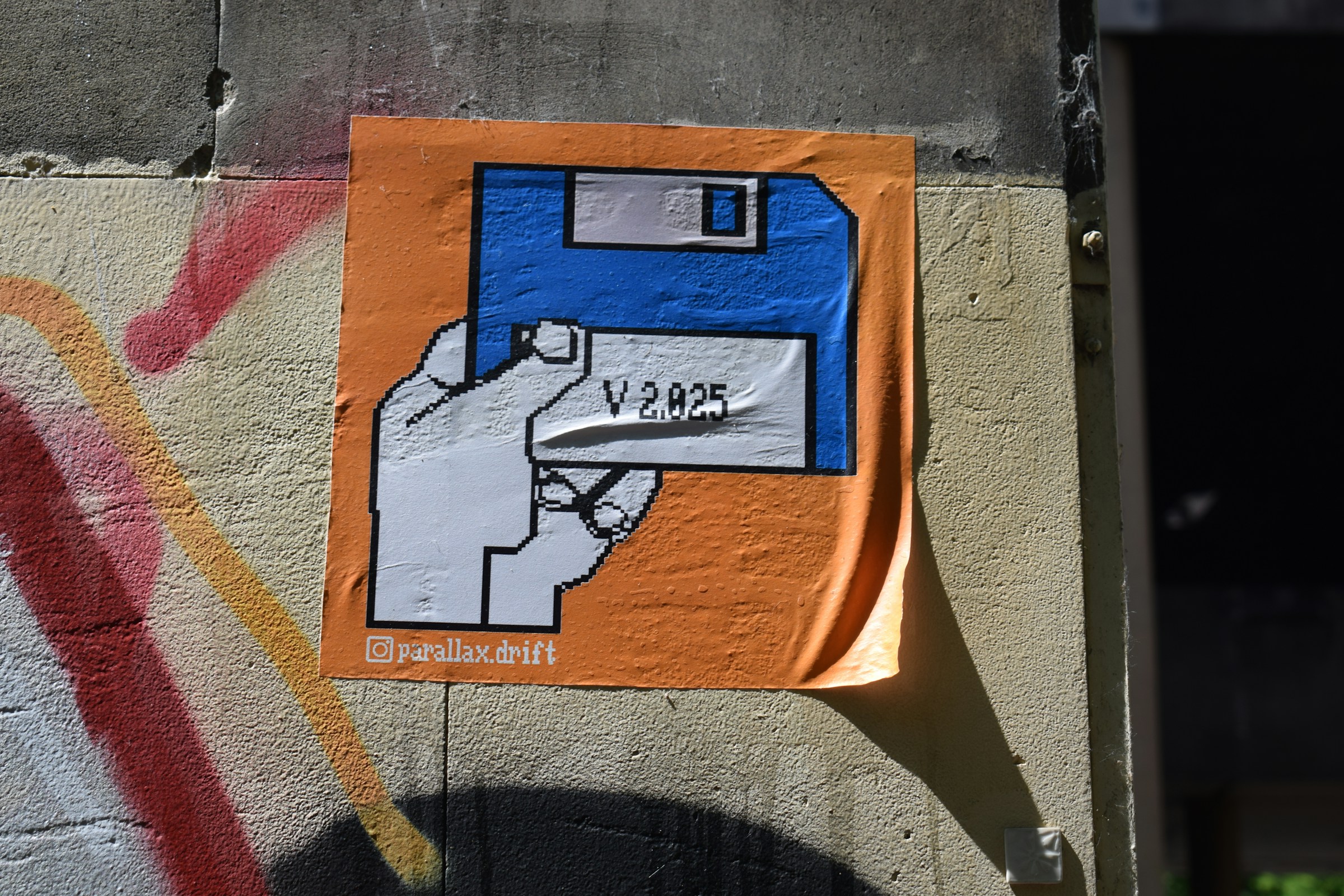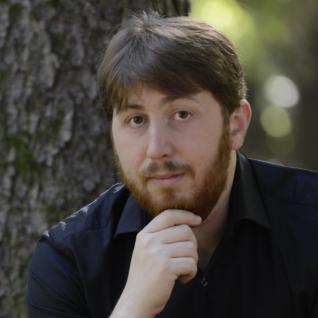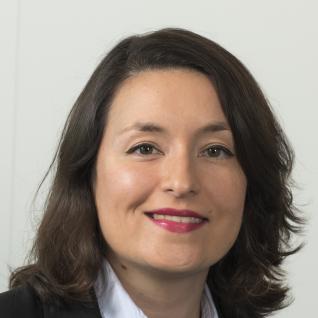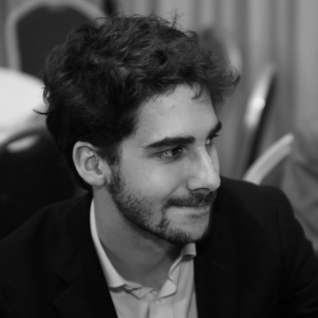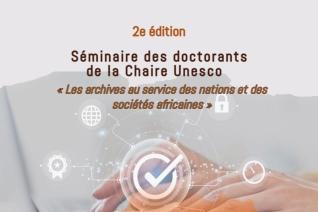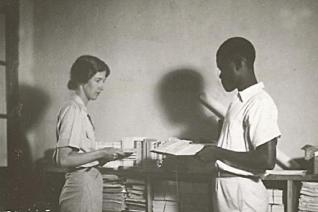L’atelier « Bridging Computational Humanities and Computational Social Sciences: New Pathways for Democratic Dialogue and International Deliberation » est organisé avec le soutien d’AI for science, science for AI (AISSAI, le centre IA du CNRS), en collaboration avec le séminaire de recherche du master PSL « Humanités numériques ». Les étudiants de master 2 présenteront, lors de cette journée, de courtes communications (lightning talks) consacrées à leur mémoire de recherche de master, sur des sujets variés de SHS computationnelles.
Vendredi 27 juin 2025
- École nationale des chartes - PSL, 65 rue de Richelieu, Paris 2e (salle Delisle)
- 8h30-18h30
L’atelier se tiendra en anglais. L’inscription est obligatoire.
Présentation (en anglais)
The emergence of computational methods has profoundly transformed both the humanities and social sciences, providing unprecedented analytical capabilities, fostering interdisciplinary collaboration, and opening new avenues for practical applications.
Nevertheless, despite shared methodologies and overlapping interests, the computational humanities and computational social sciences communities often remain distinct, with limited exchanges and collaborations.
This workshop aims to bridge these two communities by encouraging methodological exchanges. Topics addressed will offer a broad overview of techniques, concepts, and research areas within both communities, highlighting potential intersections – particularly (but not only!) focusing on democratic processes, public deliberation, and international negotiations. At a time when democratic processes and multilateralism are increasingly questioned, this workshop seeks to concentrate on case studies and current research illustrating how computational text analysis, network analysis, or digital discourse methods can effectively contribute to democratic dialogue and international diplomacy.
The workshop also has an educational purpose. Second-year students from the PSL Master’s program in Digital Humanities will give lightning talks to present their work and the various computational methods they use, showcasing the diversity of topics and tools available.
